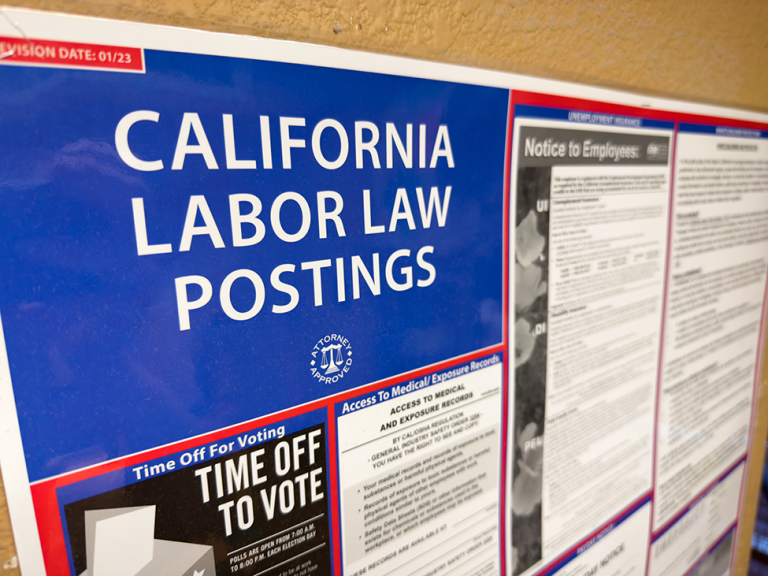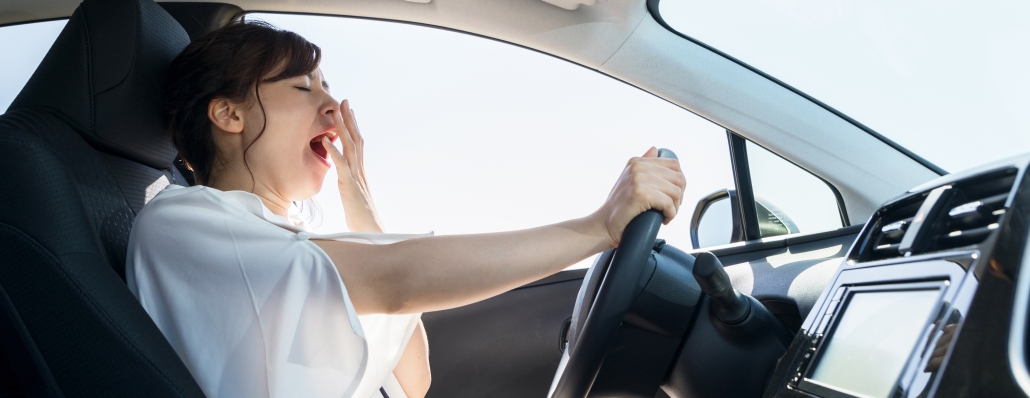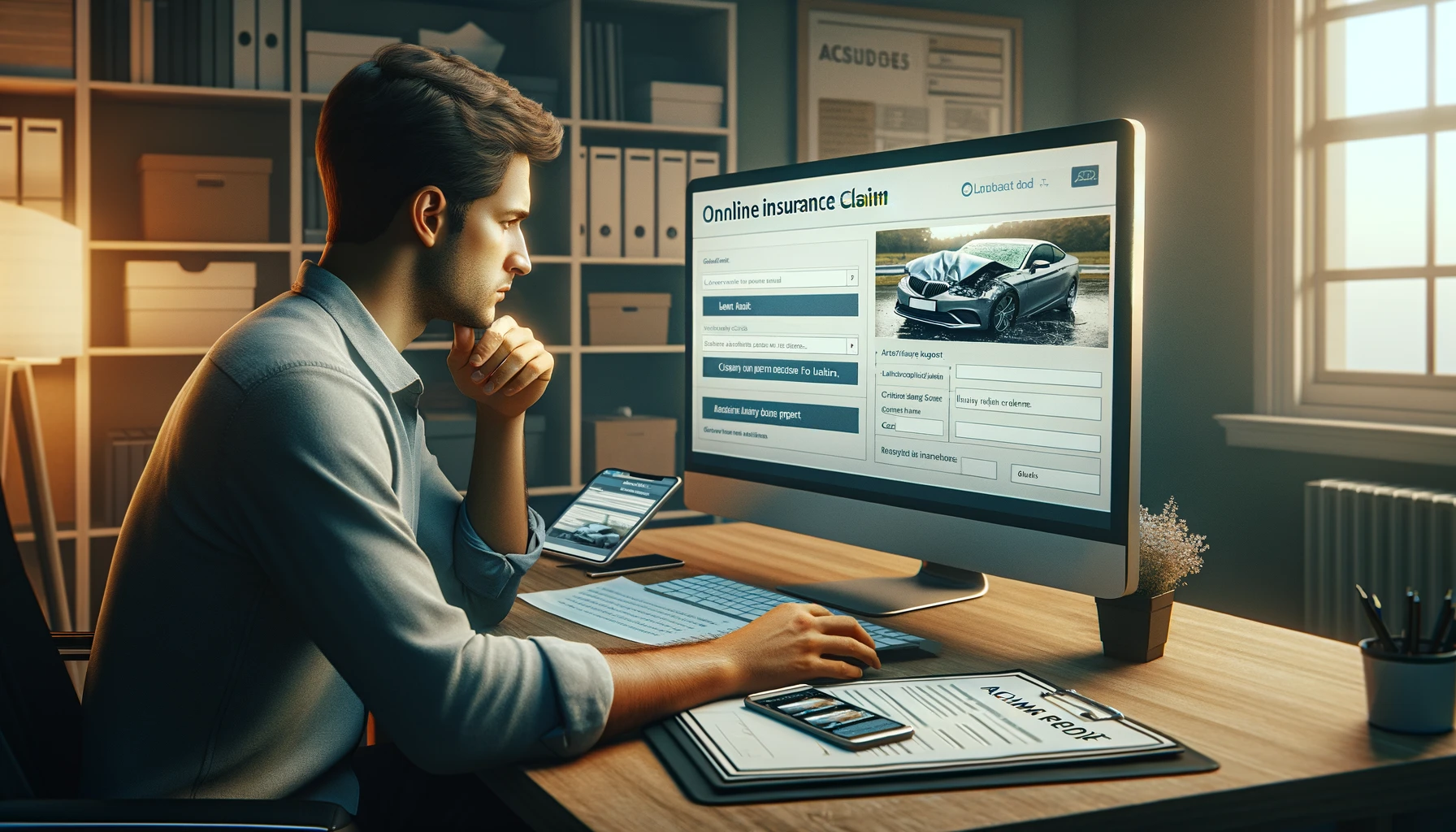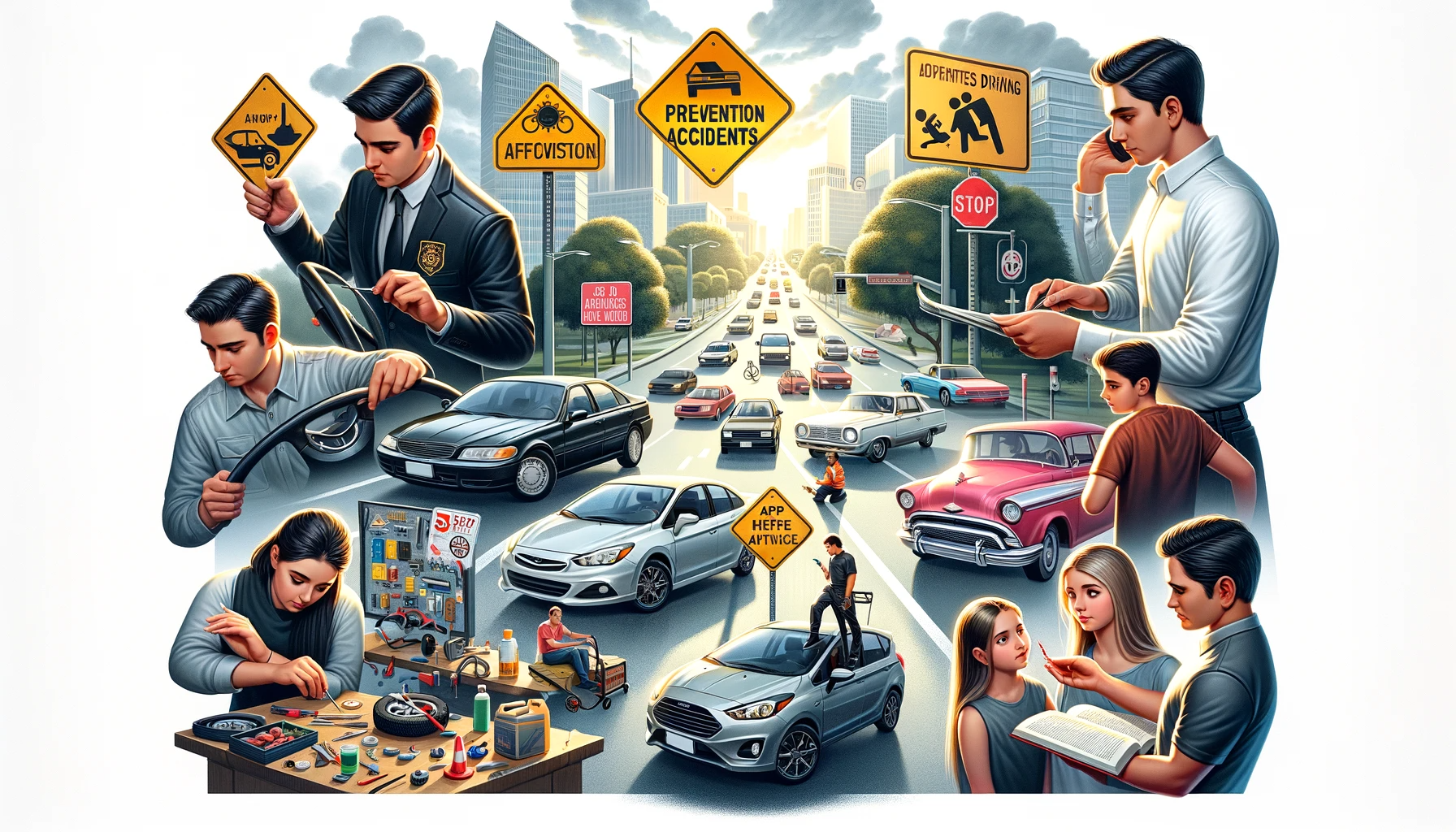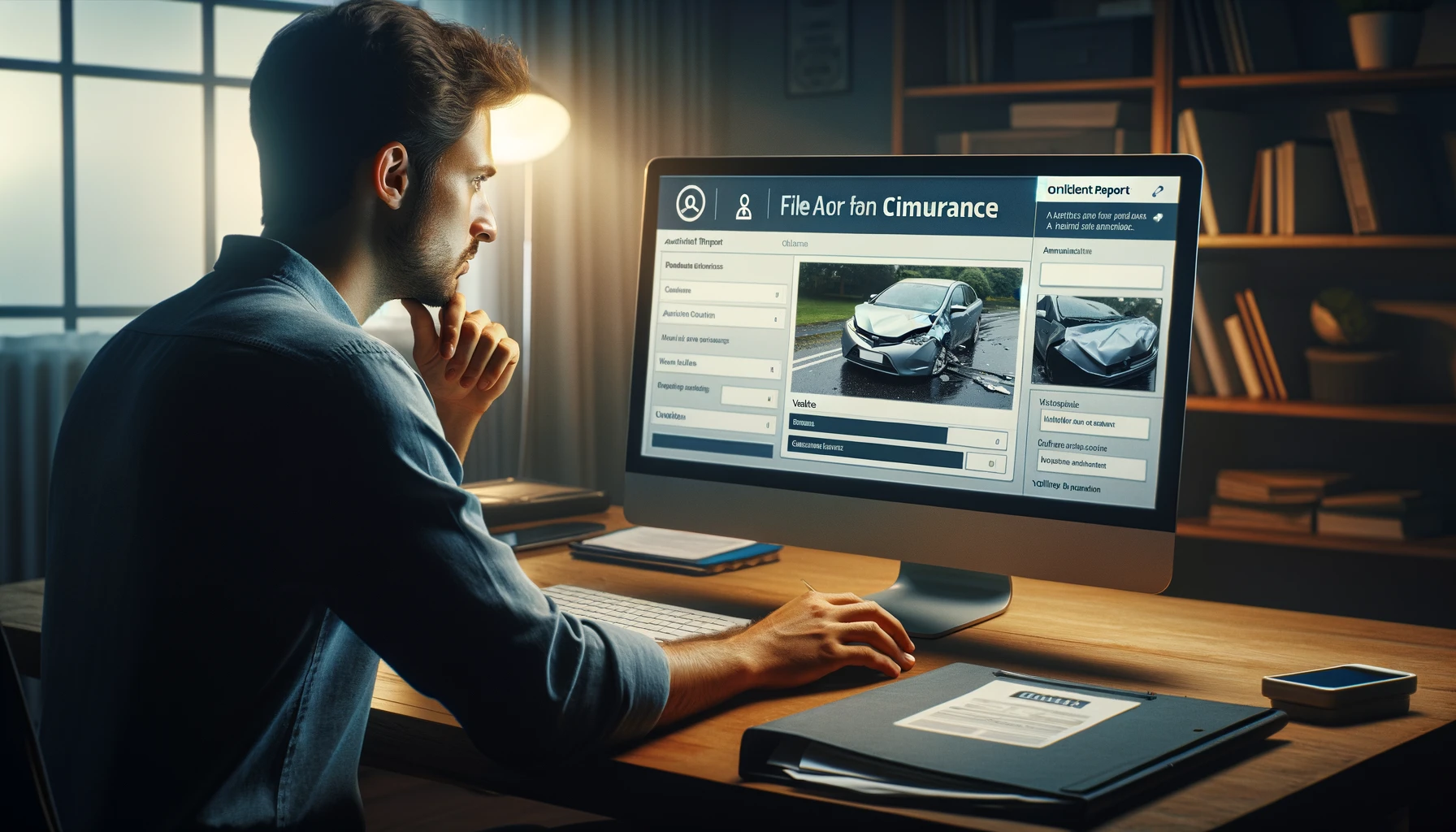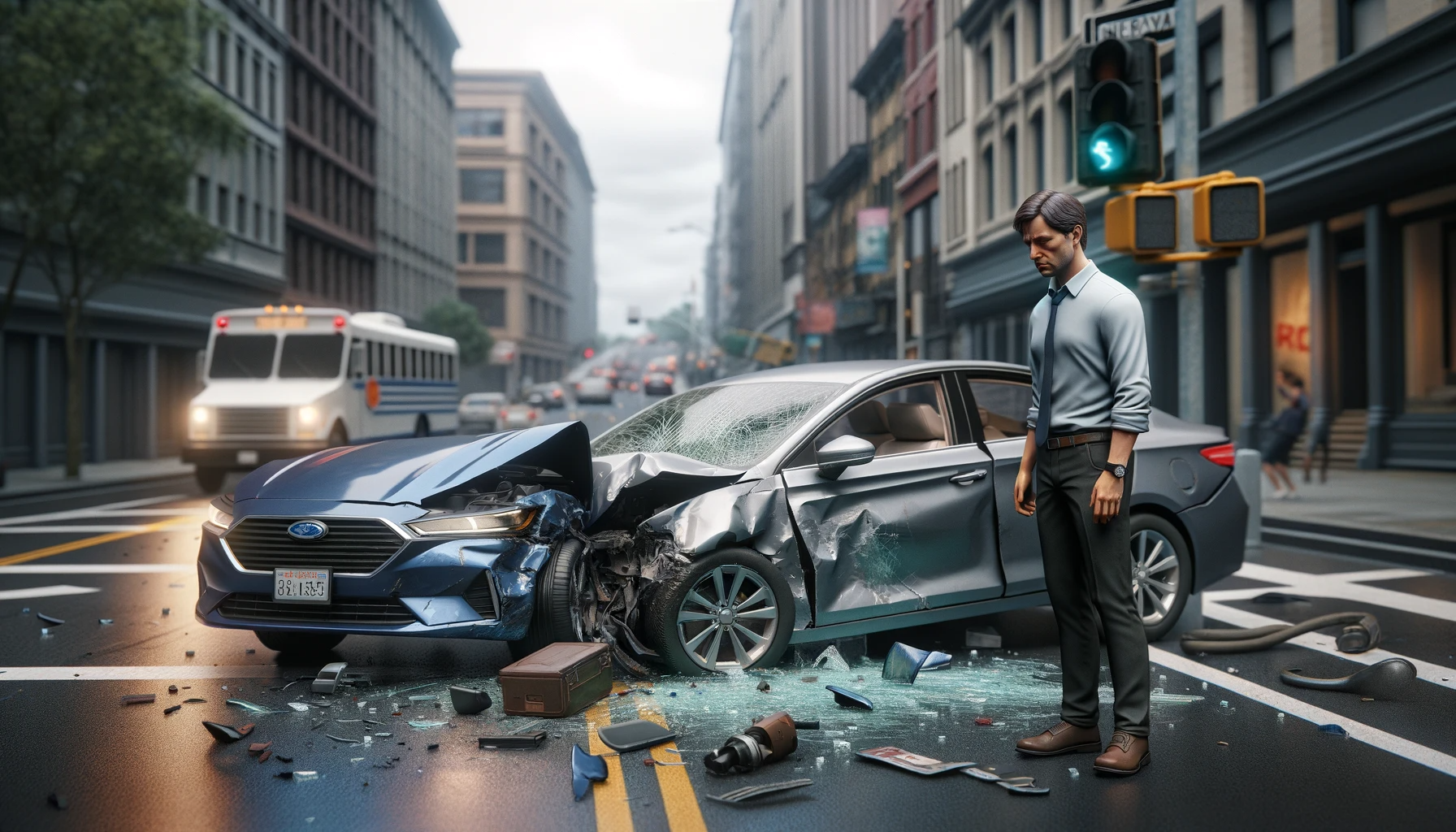[vc_row][vc_column][vc_column_text]Drowsy driving results in tens of thousands of car crashes annually. The National Highway Transportation Safety Administration (NHTSA) estimates that 91,000 crashes in 2017 involved drowsy drivers. NHTSA also believes that this number is underestimated. These drowsy driving crashes have resulted in an estimated 50,000 injuries and thousands of fatalities. Just as alarming, according to surveys, 4 percent of drivers indicated that they had fallen asleep behind the wheel over the past 30 days.
We understand that avoiding drowsy driving is much easier said than done, but even so, it's important to understand the risks, warning signs, and remedies.
Drowsy drivers can fall asleep behind the wheel. This poses obvious risks. But even if they technically do not fall asleep, drowsy drivers may fail to notice an obstacle ahead or that they are drifting off the road. Indeed, many car crashes involving suspected drowsy drivers show no indication of evasive maneuvers or braking. Drowsy drivers can also have delayed reaction times and could face similar challenges to drunk or distracted drivers.
Much like drunk driving or distracted driving, the best remedy for drowsy driving is to avoid it. The Centers for Disease Control (CDC) and NHTSA offer some tips to avoid driving drowsy.
- Get enough sleep! Experts recommend at least seven hours of sleep every night. Teen drivers should sleep at least eight hours.
- If you have a long trip ahead of you, be sure to get a good night's sleep beforehand.
- Also for long trips, avoid driving by yourself.
- Avoid drinking any alcohol or taking any medications that cause drowsiness.
- Be prepared when driving during natural circadian rhythm periods of drowsiness. The body is naturally more tired during the late afternoon and between midnight and 6 a.m.
- Manage any potential sleep disorders.
- Yawning behind the wheel
- Blinking frequently to keep your eyes open
- "Autopilot", or forgetting the last few minutes of driving
- Inability to stay in your lane
- Missing a turn or exit
- Find a rest area and take a quick nap.
- Caffeine!
- Let someone else drive.

